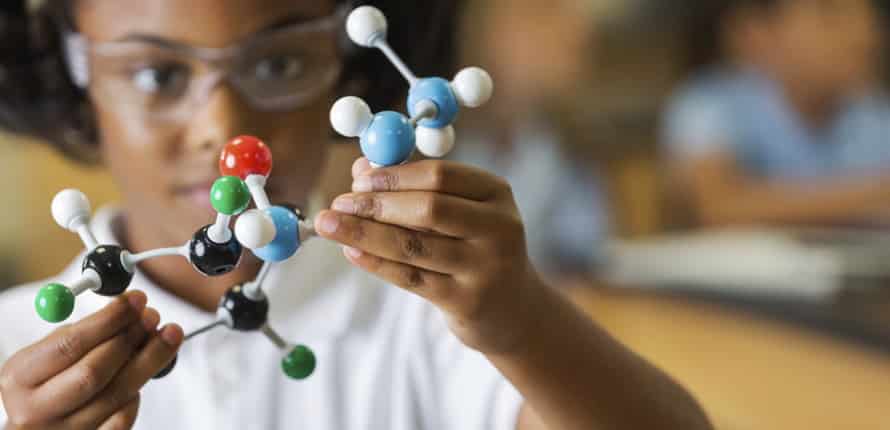By Rush Holt, Jimmy Kolker, and Julia MacKenzie
Change is inherent to science. Studying trends, as well as anomalies and explaining them is part of what scientists do. The scientific community might do well to apply these observational techniques to ourselves. Science is changing not only in what is studied, but also in who does it and where it is done. Our gathering in Kigali, one of many innovation hubs on the African continent, is an ideal place to focus on this changing global map of science.
Opportunity is inherent to science, also. For anyone, anywhere, the pathway to science starts with a question. Questions of science abound waiting to be asked by an inquiring mind. Albert Einstein, Marie Curie, or Louis Pasteur asked questions that others could have asked, and maybe did ask, but great scientists ask their questions better and more persistently.
The opportunity to ask questions is ever present. Is the opportunity to pursue those questions present? In the “Changing Global Map of Science” session at the Next Einstein Forum we ask where and how the conditions are created to allow young scientists to pursue their questions. We ask: What conditions are necessary for questions to be answered with evidence gained by observation and experiment? Those conditions can be created not only in traditional centers of science, but anywhere—certainly in Africa. How can families, communities, regions, and countries create the conditions that provide the support, study centers, networks, research equipment, freedom to travel so that any scientist from any background can learn, think, collaborate, measure, compute, test ideas, report findings and publish?
Where do leaders understand that by creating the conditions for asking and answering questions counties improve their economic, cultural, and political growth? Who is doing quality science now? Where and how do the scientific fields still need to grow or become better connected globally? How can science be more inclusive and interconnected? How can science better inform policy and government decisions? And how can governmental decisions advance science? At the American Association for the Advancement of Science we are also continually asking these questions and we want to see these questions asked everywhere. I look forward to sharing our insights and hearing others in Kigali next month.
Our country of America, a nation of immigrants, has been and is a place where these conditions are met and science thrives so robustly that we have the power to attract the best and brightest from across the globe. 40 percent of the Nobel Prizes awarded to Americans in Chemistry, Medicine, and Physics since the turn of the century were awarded to immigrants, who came to America to pursue scientific discovery at the highest level.
Current changes to immigration policy and research funding levels—proposed and enacted—threaten the strength of science in our country. It is therefore a particularly important time for non-government organizations, such as AAAS, as well as partner countries and institutions to exert global leadership for science and scientists.
The March for Science, organized by scientists, supported by AAAS, and held in Washington and over 600 other cities worldwide last spring, is a nonpartisan movement in support of science. It grew out of a deep concern that the ideological rhetoric of contemporary politics threatens science and its value to the world. Scientists around the world felt threatened, and they took to the streets. Rallies were held across the globe, including in Uganda, Malawi, Ghana and South Africa.
As with any movement, the impact of the March for Science will depend on how consistently and deeply the people who make the movement remain engaged. That’s why NEF and AAAS are so important: they are vehicles for ensuring that high-quality science is embraced by societies globally.
The Changing Global Map of Science: A U.S. Perspective
February 19, 2018
